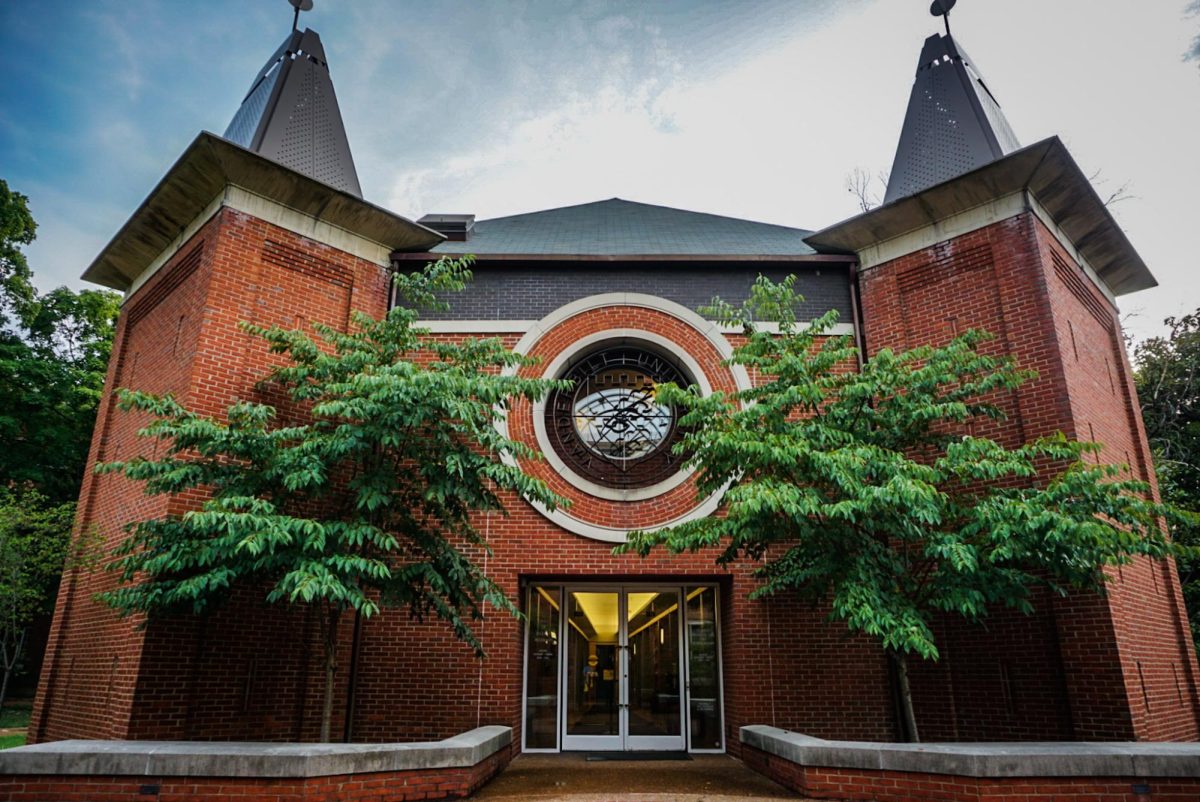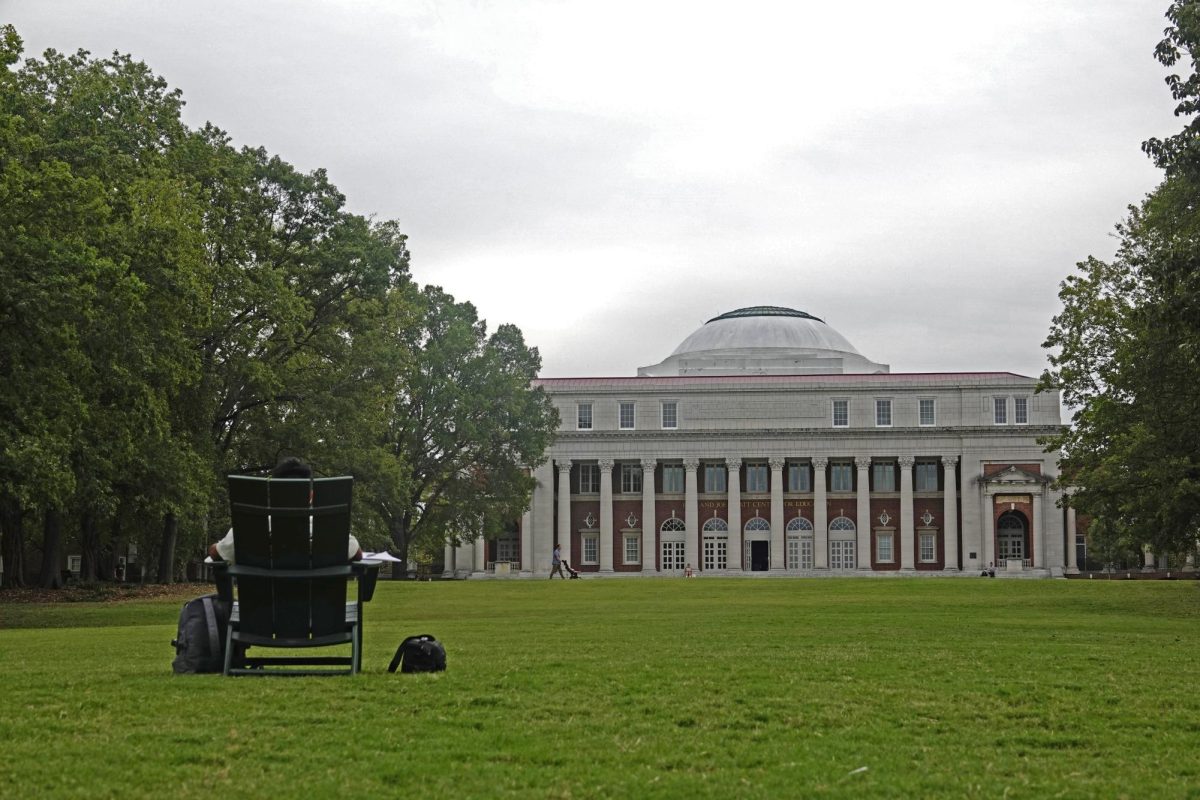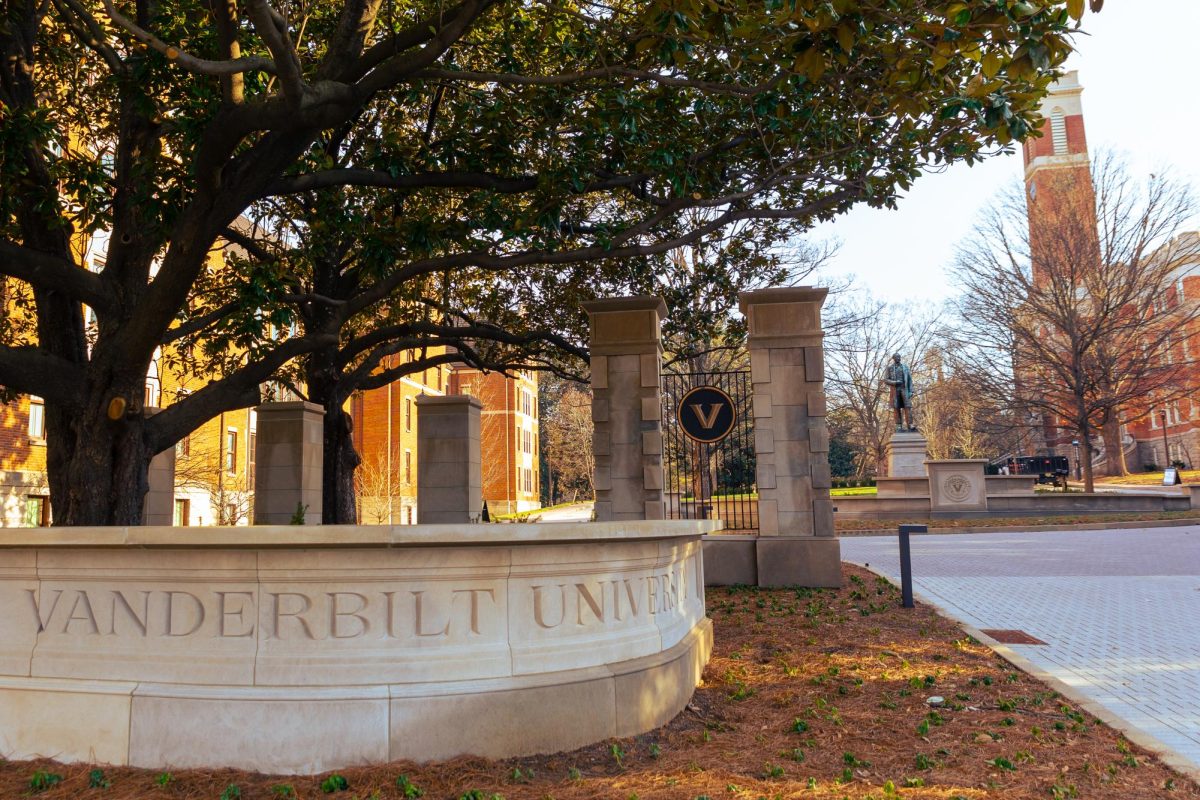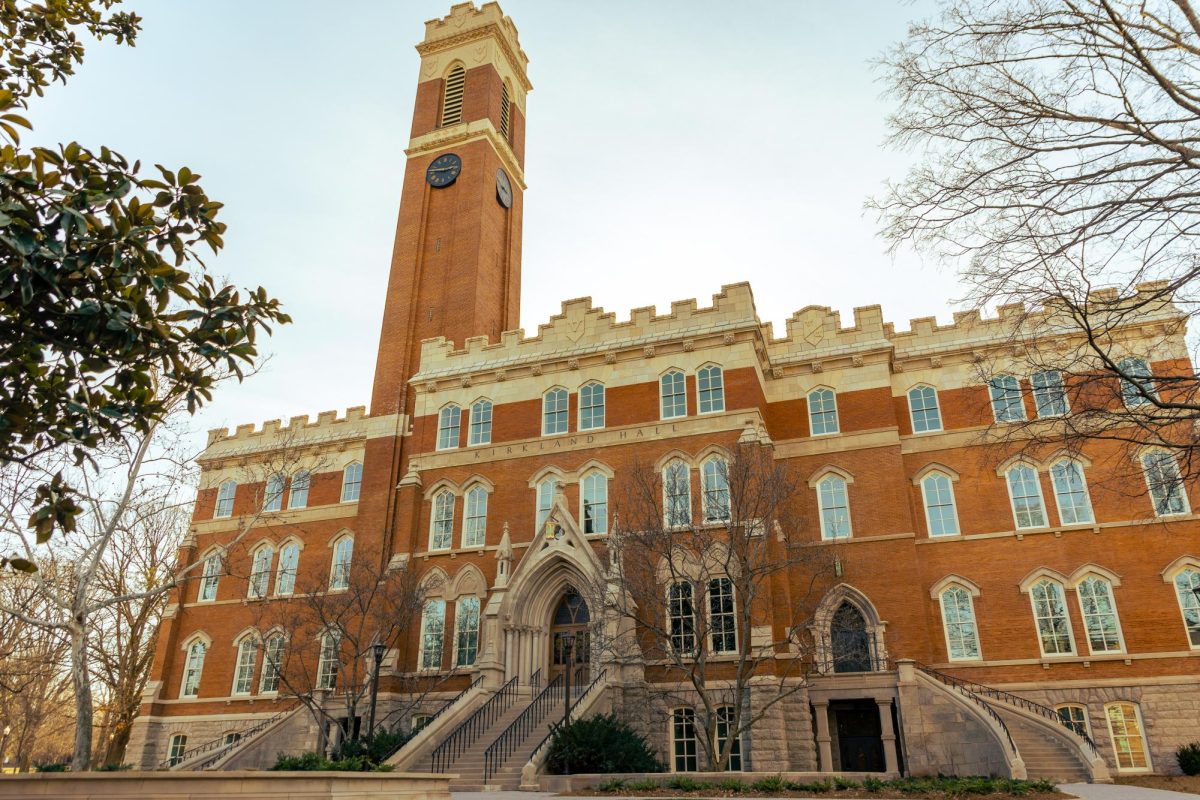Debate arose among outgoing and incoming Vanderbilt Student Government leaders during the 2022-23 VSG election regarding the organization’s budget, which came to over $200,000 last year. VSG’s funding allocations have changed drastically in the past few years, as well as between drafts of the 2022-23 budget.
During the election, candidates spoke of the budget’s focus on internal spending and desires to redistribute funds and increase budget transparency. Incoming VSG President Sam Sliman, a senior, stated his intention to achieve these goals — calling the money spent on internal programming this year “excessive.” He pledged to make the budget public as his first act as president. As of publication, the 2022-23 budget has not been made public by VSG. The 2023-24 budget will be completed during the Fall 2023 semester and is partially retrospective.
“We’ve talked with the administrators that handle VSG’s budget, as well as our incoming treasurer, about implementing systems requiring much more detail to be present on any expenditures,” Sliman said. “Too much of the information is ambiguous right now.”
Senior Macy Su, former Chief of Staff, stated that much of the money allocated for internal funding is for maintaining the organization and its initiatives.
“Internal funds are a lot of the time also going toward supporting club members so that they can support their initiatives meant for the greater student body,” Su said. “I definitely think that there is room for the budget to grow, and it should.”
The 2022-23 budget rose just $221.43 from the 2021-22 budget — to a total of $200,621.43 — but featured significant changes to the allocation of funds. In 2017 — the earliest year for which data is available, VSG’s budget totaled $104,954. This past year’s budget nearly doubled that number less than six years later. Outgoing Student Body Vice President Ari Sasson, a senior, told The Hustler that VSG is funded jointly by the Office of Housing and Residential Experience and the Dean of Students office.
The 2022-23 budget, which was approved on Nov. 9, 2022, reduced the general budget of every Senate committee from $250 to $200 and increased the budget for the Senate Committee Initiative Pool from $20,000 to $36,000. The pool is described on the budget as money shared between the Senate and committees for their initiatives. The budget also doubled spending on conference fees from $7,000 to $14,000, while cutting the budget for internal retreats from $11,500 to $2,400 and the contingency fund — which is used for unbudgeted expenses — from $55,000 to $18,521.43.
Junior Saksham Saksena, co-chair of the VSG Academic Affairs Committee, noted that the updated budget attempts to balance external and internal spending.
“While internal retreats are crucial for bonding within student government, it is important that funding for these don't encroach on fundings for our main purpose,” Saksena said. “The revised budget from last year took this to heart by minimizing internal retreat budget in favor of initiatives. I hope this year’s administration will continue to stay true to our primary duty and allocate the largest portion of the budget to direct spending to benefit the student populace.”
A previous draft of the budget allocated significantly more money for internal spending and was rejected on Oct. 19, 2022, after concerns were raised by executive board members. The rejected budget would have increased the internal programming budget from $15,000 to $20,000, the merchandise budget from $10,000 to $16,000 and “administrative costs” from $1,500 to $4,500. The changes were primarily offset by proposed cuts to the Senate and Committee Initiative Pool, which would have shrunk from $20,000 to $10,000.
Neither draft of the budget has been uploaded to AnchorLink as of publication. VSG’s statutes require the Treasurer to upload any budget brought before the Senate to AnchorLink within 24 hours of its presentation but do not specify consequences for not doing so. Outgoing VSG Treasurer Olivia Lancz, a senior, did not respond to The Hustler’s request for comment on the status of budget publications for the 2022-2023 academic year.
Sasson said he was concerned by how much VSG was spending internally.
“There was way too much money being allocated toward the people that are in student government and not enough allocated towards the student body directly,” Sasson said. “The number of dollars allocated internally this year was a surprising jump from the year before.”
Sasson said the members of the executive committee are typically involved in drafting the budget. However, he said he and senior Angela Yan, former speaker of the Senate, were not consulted in the creation of the first draft. Yan declined to comment to The Hustler on the matter.
Su also said she had no involvement in the first draft of the budget and said that draft was created by the outgoing President Amisha Mittal (‘23), Lancz and senior Alisha Saluja, who was Chief of Staff at the time of its creation. Su replaced Saluja when Saluja studied abroad in Spring 2023. Mittal, Sasson, Yan and Su comprised the VSG executive board for the 2022-23 school year.
“[Drafting the budget] is a combined effort between the treasurer and the executive board,” Sasson said. “I’m not sure what those conversations looked like.”
Su similarly stated that she was unaware of the process by which the first draft was created.
“When drafting the [second draft of the] budget, it was really important that it was as representative of all of VSG as possible, so we invited the rest of the executive board to sit in and advise on the new bursary,” Su said. “We sat down for around two and a half hours and talked through every point that didn’t pass and how we could allocate more money to other places in VSG.”
Su highlighted benefits of VSG’s large budget for serving the student body, including for unplanned expenses and new initiatives.
“Whatever isn’t used is rolled over, which is nice because then we can put more in the contingency fund or put more toward initiatives that really need that extra funding,” Su said.
Suhaah Nadir, a junior and incoming president of FirstVU, expressed appreciation for the increase in budget allocation toward the contingency fund. She believes these additional funds will help smaller student organizations reach their goals and address members’ needs.
"[First-generation, low-income] students are a minority on campus, which means that our organization is also smaller than most — thus resulting in less funding than most,” Nadir said. “The increase in contingency funds will allow organizations like FirstVU to ensure that we are reaching and supporting underrepresented students without financial constraints.”
Zach Joseph and Brina Ratangee contributed reporting to this piece.
















Robert Lowther • Jul 18, 2023 at 10:29 am CDT
This is an interesting article, but I would appreciate a revised pie chart with more distinct colors. It’s quite difficult to my eye to discern the differences between similar shades.